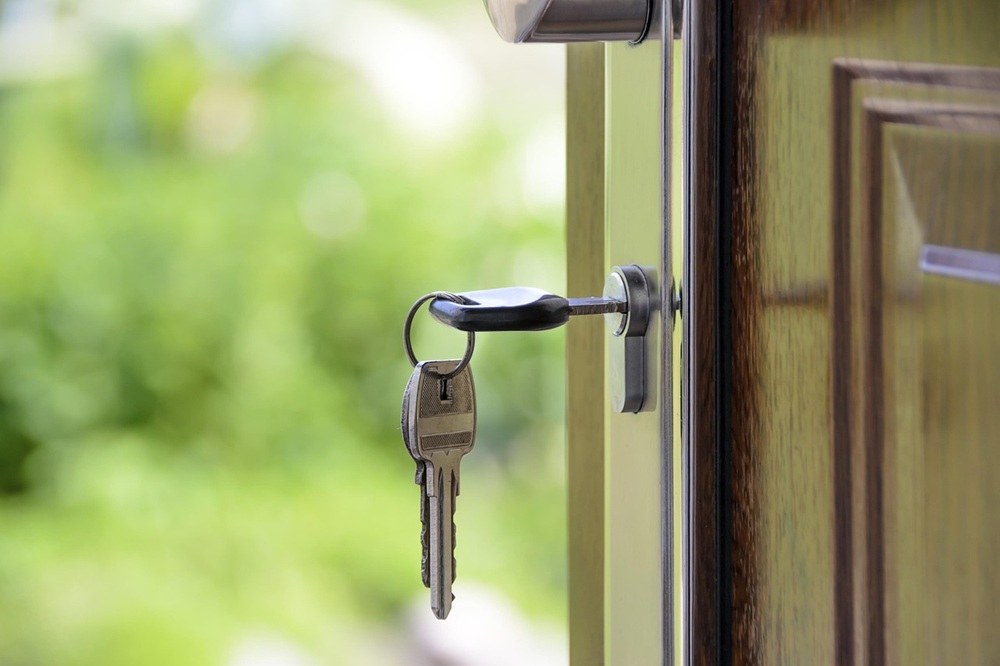The rental market in New Zealand is noted for its competitiveness, largely driven by high demand and limited supply of rental properties. Renting in New Zealand is a prevalent choice for both locals and expats, due to factors such as flexibility and lower upfront costs compared to home ownership. One of the most effective strategies in this high-demand, low-supply environment is mastering the art of tenant retention. As experts in property management, The Rent Shop has honed its tenant retention strategies to a fine point, resulting in long-term, satisfied tenants and a thriving business. In this comprehensive guide, we delve into the crucial facets of tenant retention, providing expert advice and actionable steps for property managers to enhance their tenant relationships.
The Importance of Tenant Retention
Tenant retention is the lifeblood of any successful rental property business. It refers to the ability of property managers to keep their current tenants, reducing turnover and maximising profitability. In the competitive New Zealand rental market, it's a crucial aspect for the sustainability of your property investment. Here are some reasons why tenant retention is so vital:
Stable Rental Income
When tenants choose to stay, it guarantees continuous rental income, eliminating the financial uncertainty of vacant periods.
Cost-Efficiency
Tenant retention cuts the costs associated with finding new tenants - advertising, marketing, screening, and property preparation.
Lower Turnover Costs
Reducing tenant turnover also decreases the financial and time burdens that come with frequent changes in tenancy.
Streamlined Administration
With fewer tenant turnovers, the amount of paperwork and administrative tasks reduces significantly.
Enhanced Property Reputation
Properties with high tenant retention rates are often viewed as desirable places to live, attracting higher quality tenants.
Building Long-Term Relationships
Over time, a strong landlord-tenant relationship forms, fostering understanding and smoother lease agreements.
Calculating Your Tenant Retention Rate
Understanding your tenant retention rate is crucial for gauging the performance of your property management practices. It's calculated by dividing the number of tenants who chose to stay in your property over a specific period by the total number of leasable properties, then multiplying the result by 100.
Tenant Retention Rate = (Number of Tenants Retained / Total Number of Leasable Properties) * 100
For instance, if you have 50 properties and 35 tenants chose to renew their leases, your tenant retention rate would be 70%.
What is a Good Tenant Retention Rate?
A tenant retention rate of 60% is considered good for residential properties, slightly higher than the national average. A high tenant retention rate indicates:
- Satisfied tenants: Your tenants are content with their living arrangements.
- Effective property management: Your property management practices are yielding positive results.
- Stable income: Consistent rental income is ensured.
- Lower turnover costs: Expenses related to high turnover rates are reduced.
- Positive reputation: Your reputation as a landlord or property manager is enhanced, attracting more potential tenants.
Key Strategies for Tenant Retention
Property managers can adopt several effective strategies to enhance tenant retention. These strategies are centred around two main principles - understanding your tenants' needs and providing exceptional service. Here are some key strategies to consider:
Pre-screening Tenants: The First Step to Retention
Before you can retain a tenant, you must first find a perfect tenant. This process begins with thorough tenant screening. By conducting meticulous income, credit, and background checks, you can ensure you're letting your property to reliable tenants. Remember to delve deeper into the prospective tenant's rental history by contacting their previous landlords. This will provide valuable insights into their track record and communication skills.
Maintenance: A Cornerstone of Tenant Satisfaction
Prompt and effective maintenance is fundamental to tenant satisfaction. By being proactive and responsive to maintenance requests, you can ensure your tenants are satisfied and your property is in good condition. This strategy involves creating a regular maintenance schedule, establishing open communication channels, working with reliable contractors, and keeping track of maintenance history.
Streamlining Rental Payment and Lease Renewal
Simplifying the rent payment and lease renewal processes can significantly enhance tenant satisfaction. Consider offering flexible and secure online rent payment options, sending timely rent reminders, being transparent about any changes in lease terms, and providing incentives for long-term lease agreements.
Delivering Personalised Service
Understanding each tenant's unique needs and preferences and catering to them can make your tenants feel valued. This involves getting to know your tenants, keeping track of important dates, being empathetic to their concerns, and identifying common needs to provide suitable amenities.
Gathering and Acting on Tenant Feedback
Regularly gathering tenant feedback and acting upon it can improve the quality of your service and enhance tenant satisfaction. This can be done through tenant satisfaction surveys, one-on-one meetings, creating an open-door policy, and communicating changes made based on feedback.
Being Responsive and Accessible
Maintaining open lines of communication and being accessible to your tenants can help build strong relationships and trust. This involves having dedicated office hours, providing multiple communication channels, responding promptly to inquiries, and providing emergency contact information.
Offering Competitive Lease Terms and Amenities
In a competitive rental market, offering attractive lease terms and amenities can set your properties apart. Regularly conduct market research to stay informed about current trends and adjust your rental rates accordingly. Consider offering added-value services and amenities that cater to the needs and wants of your target tenant demographic.
Maintaining a Positive Reputation
Having a positive reputation can greatly enhance tenant retention. This involves providing excellent customer service, asking satisfied tenants for referrals, maintaining a strong presence on social media and review platforms, and handling disputes professionally.
Conclusion
Mastering tenant retention is essential for property managers in the competitive NZ rental market. By implementing these effective strategies, property managers can foster a positive living environment, build lasting relationships with their tenants, and ensure the sustainability and profitability of their property investment.






%20(2).jpg)



